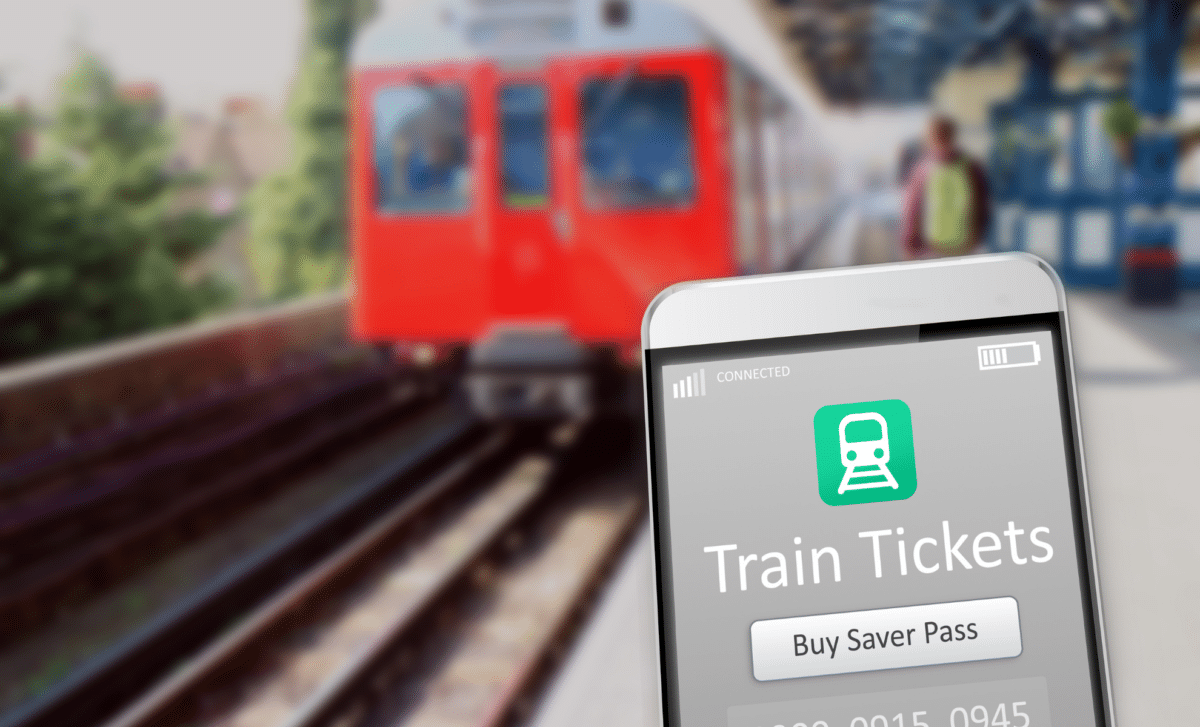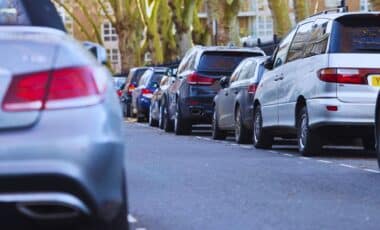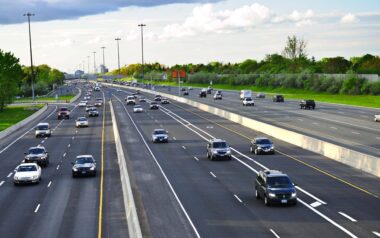Commuters in England and Wales brace themselves for a notable change in their daily expenses, with rail fares set to increase by 4.9% starting this Sunday. This rise in train ticket costs is expected to have a substantial impact on the annual travel budgets of many passengers, potentially adding hundreds of pounds to their commuting expenses.
Commuter Discontent Grows as Train Ticket Costs in England and Wales Set to Rise
As discontent brews among commuters, the impending 4.9% increase in rail fares in England and Wales has sparked criticism from campaigners. Despite the government’s argument that it has taken significant measures to moderate the fare hike, passengers, facing a rate above the current inflation of 4%, are expressing justified frustration.
Ministers defend the decision, citing a delicate balance needed due to rail revenues still lagging about 20% behind pre-pandemic levels and the railway mandating a more substantial public subsidy than usual. In contrast, London is adopting a different approach, freezing Tube and bus fares for another year and introducing cheaper rush-hour travel.
Rail passenger groups are cautioning against the continual rise in train ticket costs, asserting that it propels individuals toward road travel, especially after the significant 5.9% increase in March 2023. This persistent trend, coupled with the freeze in fuel duty on petrol, is prompting concerns about the shift from railways to roads, impacting both commuters and climate goals.
The campaign group Railfuture criticizes the government for subjecting passengers to inflation-busting fare increases, implying a disregard for the ongoing cost of living crisis and the imperative to address climate concerns.
Analysis Reveals Hefty Burden as Rail Fares Set to Surge
Analysis conducted by the Campaign for Better Transport reveals that the impending rail fare increase will result in an additional £300 burden on annual season tickets for heavily traversed commuter routes such as Canterbury or Brighton to London.
The impact is also felt on shorter routes, with nearly £150 in extra costs projected for journeys from Macclesfield to Manchester or York to Leeds.
Michael Solomon Williams, spokesperson for the campaign, remarked: “At a time when we urgently need to encourage people to take the train, the public will rightly be angry to discover that it has just become even more expensive to do so.
“Meanwhile fuel duty has been frozen for 13 years, meaning the government has forgone £100bn … If the government is serious about encouraging people to take the train and meeting our net zero targets then it is rail fares, not fuel duty, which should be frozen.”
Johnbosco Nwogbo, a member of the public ownership campaign group We Own It, highlighted that the expenses associated with rail travel have significantly risen since the privatization era.
“Under public ownership, we could be saving enough to bring down [rail fares] by 18% instead of raising them by 4.9%,” he added.
The Department for Transport opted not to provide a new comment. However, Mark Harper, the transport secretary, contended in December, when the increase in England was initially disclosed, that it remained significantly lower than the July 2023 RPI figure of 9%, a metric traditionally employed by the government for determining annual increments.
He emphasized that taxpayers had contributed £12 billion to support the railways in the past year, and the rise “strikes a balance to keep our railways running, while not overburdening passengers.”









